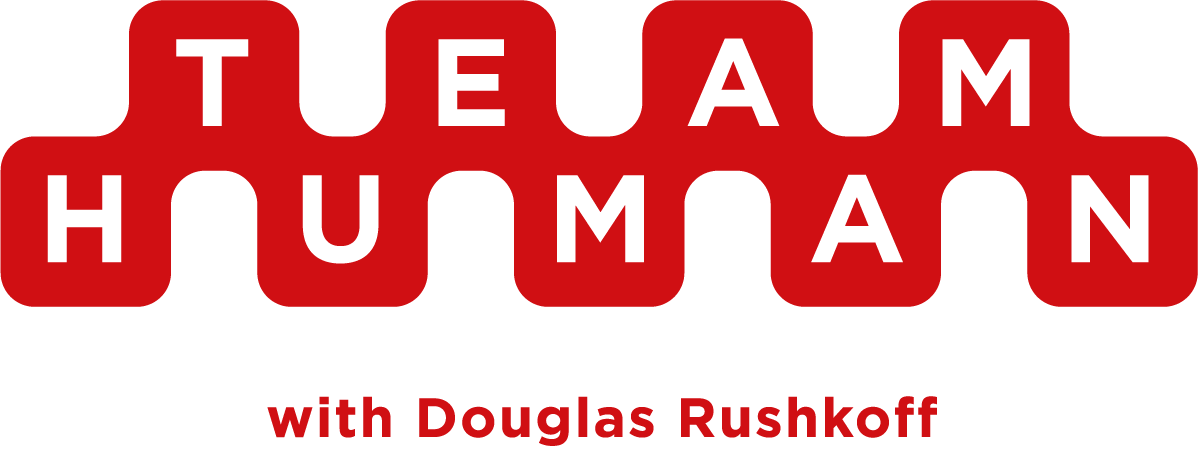Nothing new here for anyone who’s studied Philosophy, but still worth sharing for a general audience:
A vague word such as ‘heap’ is used so loosely that any attempt to locate its exact boundaries has nothing solid and reliable to go on. Although language is a human construct, that does not make it transparent to us. Like the children we make, the meanings we make can have secrets from us. Fortunately, not everything is secret from us. Often, we know there’s a heap; often, we know there isn’t one. Sometimes, we don’t know whether there is one or not. Nobody ever gave us the right to know everything!
Vagueness is an annoying, elusive concept — unlike ambiguity, which can be a much more productive one.

